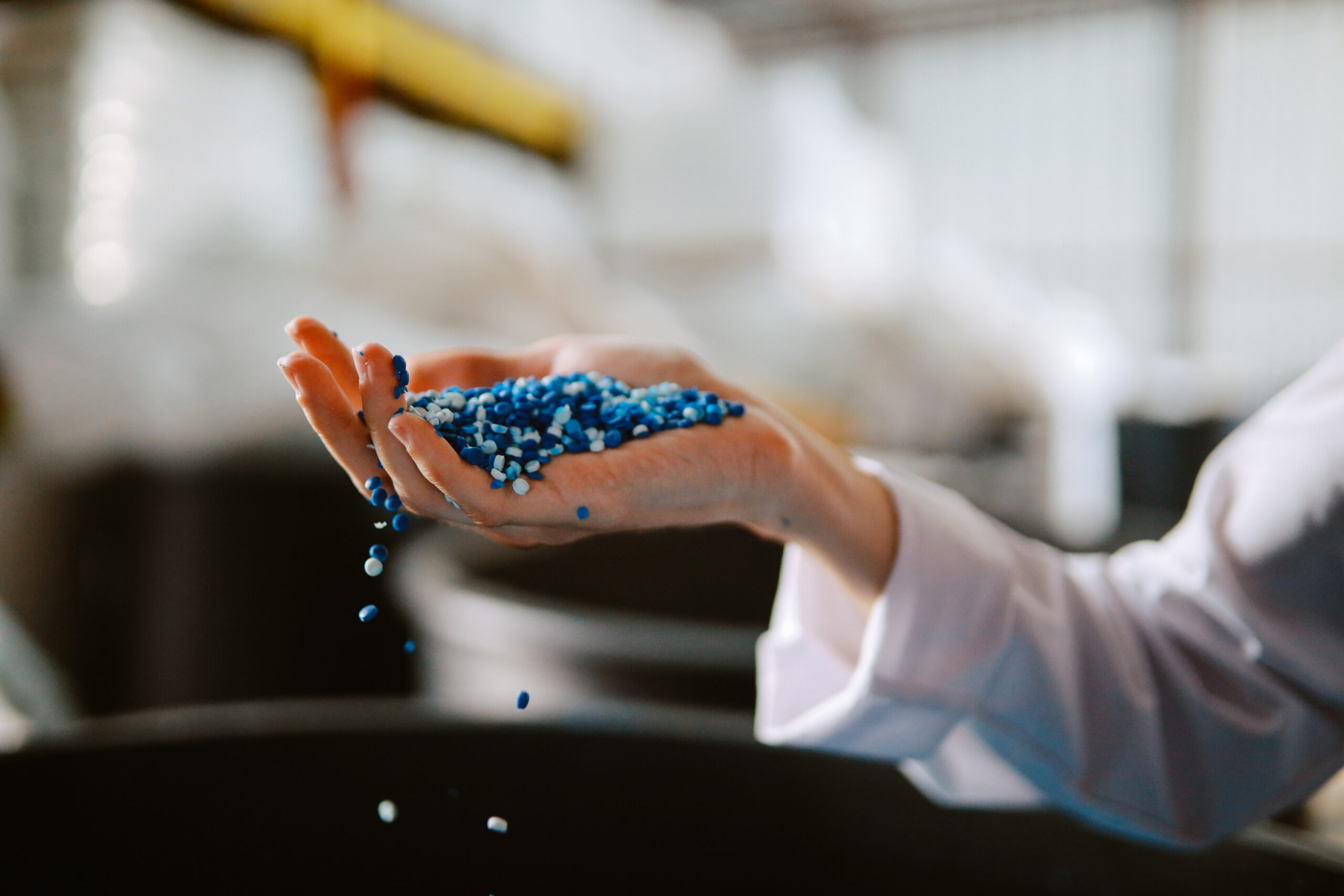The invention of plastic nearly 120 years ago created a cross-industry transformation that reshaped both business and consumer experiences. With its versatility, lighter weight and agile manufacturing process, plastic is a preferred material for part production across businesses and industries. While the environmental impact of post-consumer plastic waste is well-documented, and the drive to reduce waste is an ongoing industry-wide effort — one that Reliant Plastics has participated in for many years.
Sustainability is a genuine concern for high-performing plastics manufacturers that seek to highlight the benefits of the material while addressing environmental concerns. New trends continue to develop that can positively impact the supply chain and the overall environmental impact of plastic, ensuring that businesses and consumers benefit from its durability and the environment benefits from proper stewardship of the material. At Reliant, we continue to track these trends and engage with the latest techniques to create better manufacturing processes.
New Plastic Materials Are Growing in Acceptance
The materials science backing the field of thermoplastic manufacturing is far from static. On the contrary, it is a lively area of exploration, and new, more sustainable plastics are currently being researched. Some plastic materials recovered through recycling are also becoming more valuable in second or third production runs, and there is also ongoing research into end-of-life uses for plastics. Businesses that partner with manufacturers who understand how to work with post-consumer content can tap into sustainable practices and cost savings in industries such as the aerospace and automotive sectors.
High-performance bioplastics are already suitable for plastic injection molding, meaning they’re poised for rapid expansion as these materials continue to improve. Bioplastics primarily originate from corn starches, oils, and other food or biologically-derived materials. These stand in contrast to many polymers that ultimately derive from petroleum processes.
Circularity Has Become More Than a Buzzword
The circular economy aims to eliminate the environmental exit point for many plastics, which otherwise end up unrecycled in landfills. In part, this has required intensive research into better recycling methods, as plastics degrade with repeated reuse. However, many manufacturers today can set up highly circularized thermoplastic production runs that translate into consumer products that either use recycled content or can easily be recycled after first use.
New Additives Could Be a Game-Changer
Biologically-derived plastic resins aren’t the only way the industry has explored ways to reduce the impact of plastic manufacturing processes. New additives, sometimes called bio-additives, could reduce the impact certain plastics make on the environment. These additives work to help trigger specific biological processes based on microbial action. The microbes, attracted by the additive, can consume and digest the plastic, breaking polymer chains and, ultimately, the thermoplastic itself.
Reinforced and Lighter-Weight Materials Will Come to Dominate
One key element in the growing push for sustainability in plastic polymer manufacturing and plastic injection molding is an effort to reduce the amount of plastic that enters the waste stream in the first place. Plastic components can last longer when created with more durable and longer-lasting materials. As a result, clients benefit from lighter and stronger parts that don’t require frequent replacement.
Even packaging may change with the rise of these materials. Increasingly, manufacturers opt for simpler products to ship within their own packaging instead of relying on large amounts of cardboard. The right plastic products are pivotal in shaping packaging that can withstand the shipment experience while providing more flexibility overall.
Increase Reuse with Enhanced Recycling Practices
Recycling facilities continue to invest in new technologies and techniques. Modern approaches better address the challenge of making plastic products ready for reuse in another format. Artificial intelligence and machine learning advances contribute to better sorting techniques, ensuring that items with similar polymer properties remain grouped. That reduces contamination and the costs associated with preparing materials for recycling.
Visible Sustainability Efforts Will Matter More
Much of the work for sustainability occurs behind the scenes. However, visible environmental efforts from manufacturers and companies offering the finished products are often a selling point. Advertising the use of recycled and sustainable materials raises the profile of the business. It creates positive brand impressions while simultaneously providing tangible benefits for the company. Investing in sustainability and domestic plastic production are astute decisions.
Finding a Cutting-Edge Manufacturer
The plastics industry is in the midst of a change, as many trends indicate an increasing embrace of sustainability practices. In the coming years, the need to accelerate the adoption of such practices may become even more critical. The United States announced it would join a treaty that calls for a long-term reduction in new plastic resin manufacturing. As we advance, circularity, recycling, and broader sustainability efforts will become a regulatory necessity.
For companies investigating solutions for manufacturing new parts and components, an investment in sustainability from the start can translate into savings and improvements in the finished product. Working with a United States-based team such as Reliant Plastics offers access to critical engineering services and the opportunity to engage with a team focused on the vital issues of sustainability and quality. Our experienced team continues to monitor the ongoing changes within the injection molding industry. We provide our clients with a cutting-edge resource as a sustainable plastic manufacturer. Learn more about our capabilities and these processes today.




